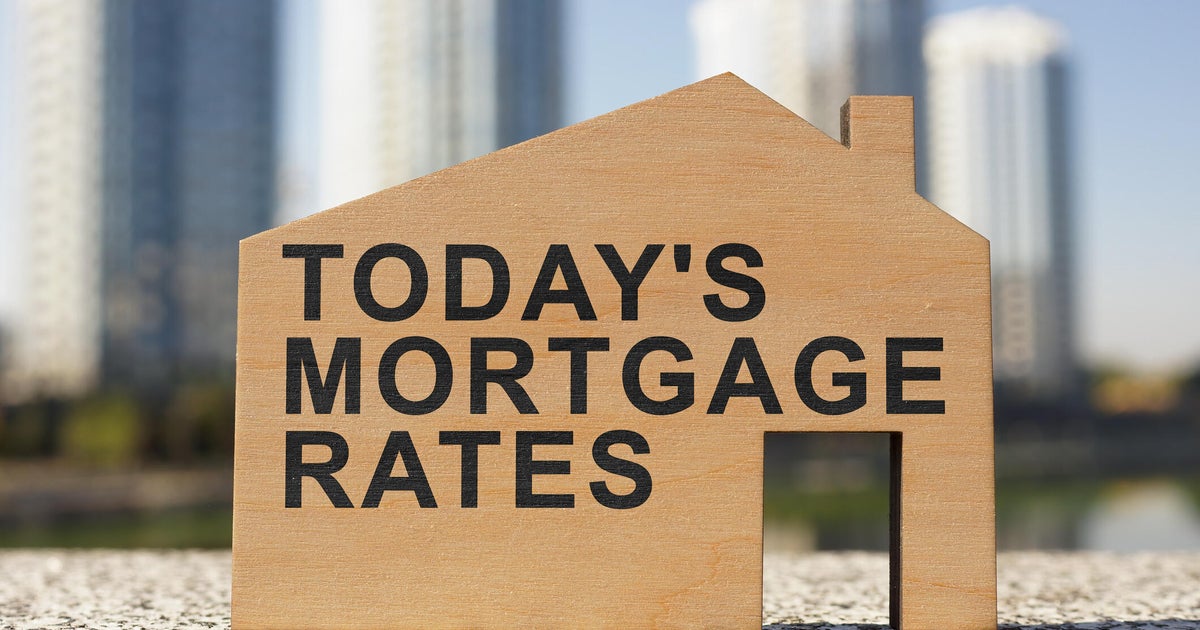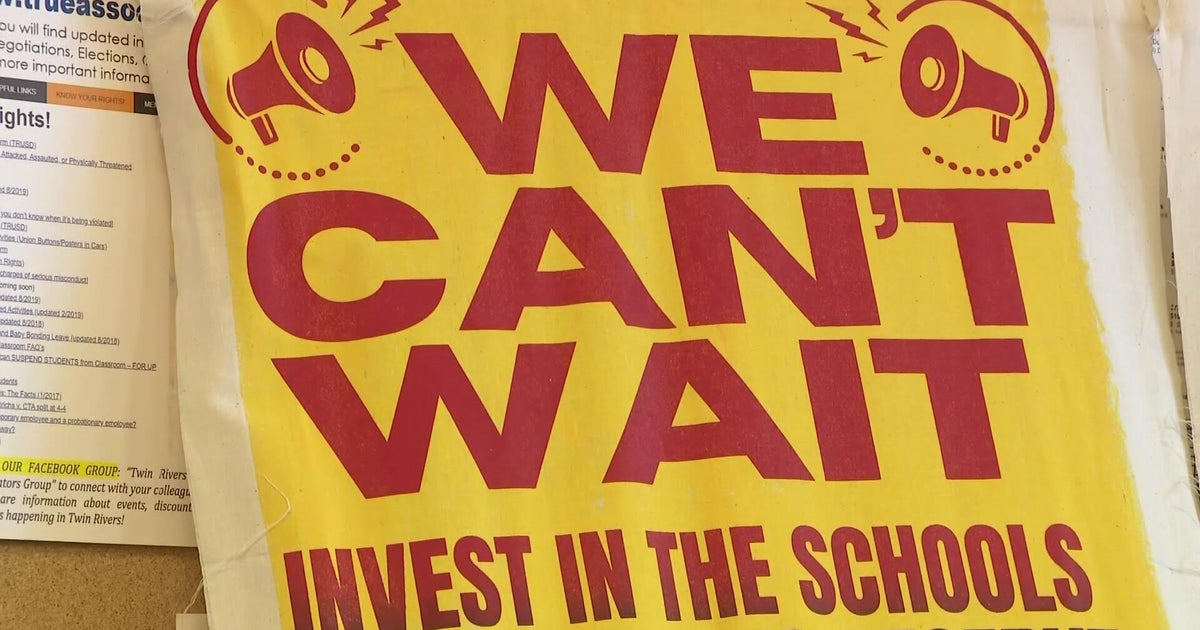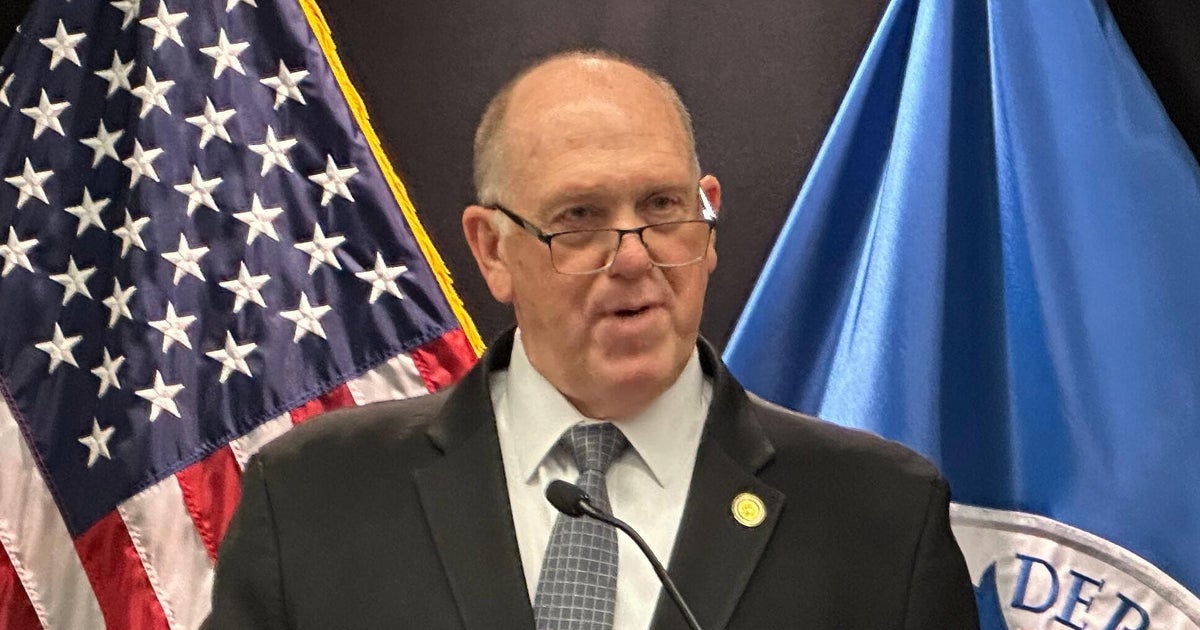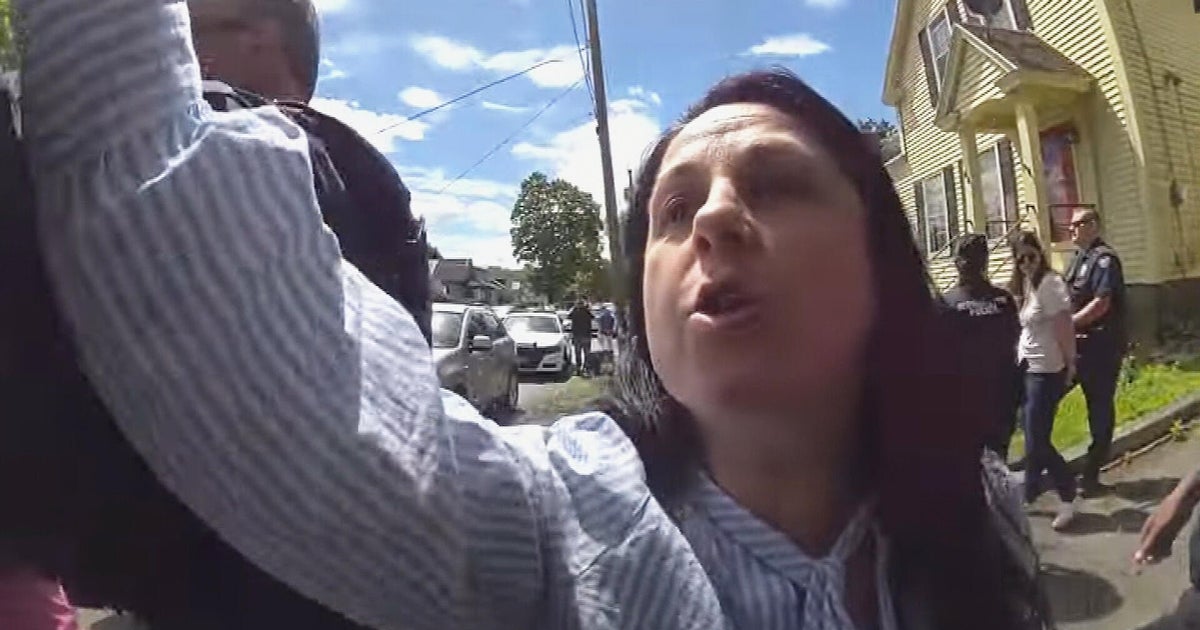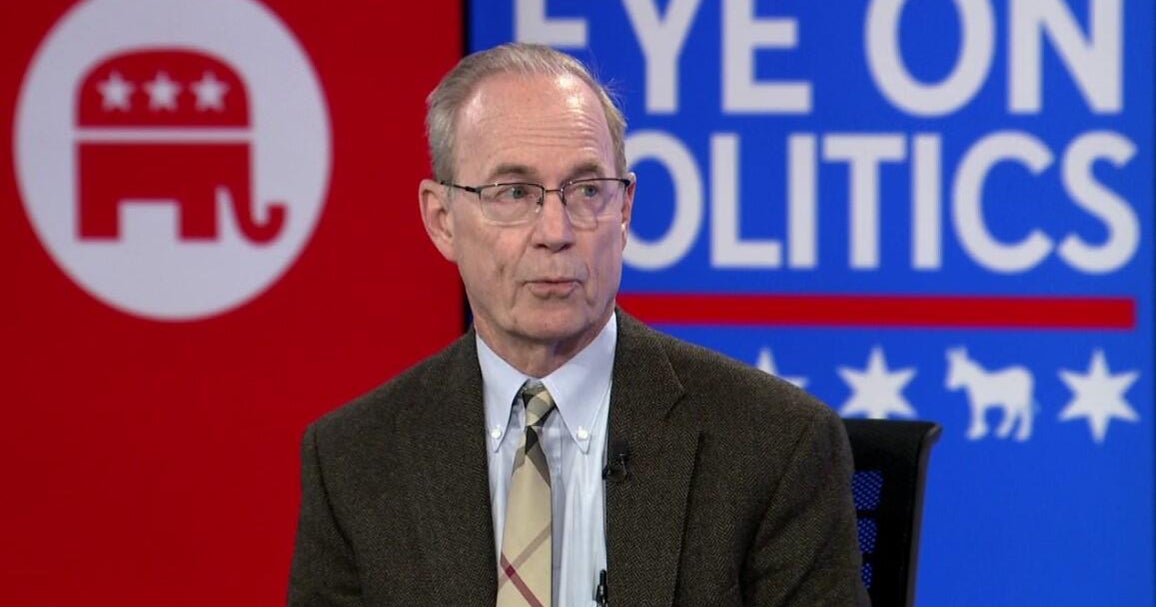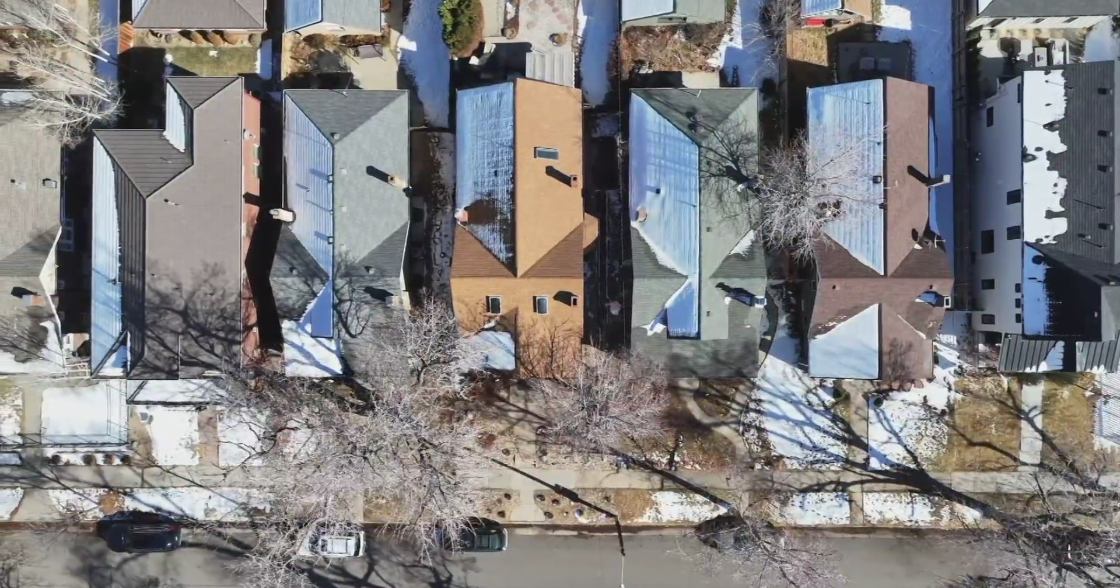Federal Reserve Raises Interest Rates
WASHINGTON (AP) - As expected, the Federal Reserve has boosted a key short-term interest rate at the last U.S. central bank meeting that Janet Yellen is expected to lead.
Fed officials ended their two-day meeting by hiking the federal funds rate -- what banks charge each other for short-term loans -- to a range of 1.25 to 1.5 percent.
The Fed chose to raise the rate despite inflation running consistently below its 2 percent target.
Rate hikes are usually intended to limit inflation, but Fed officials appear to assume that continued rate increases won't stop inflation from climbing above its current 1.6 percent level.
Seven officials voted for the increase. Two opposed, likely due to the lack of inflation: Chicago Fed President Charles Evans and Minneapolis Fed President Neel Kashkari.
Federal Reserve policymakers expect U.S. economic growth will accelerate next year and the unemployment rate will fall to 3.9 percent from its current level of 4.1 percent. But they still plan to raise short-term interest rates three times next year and at least twice in 2019, the same as previous estimates.
Fed officials sharply increased their growth projection for 2018, to 2.5 percent from 2.1 percent in September. Some analysts thought the faster growth would cause the Fed to pencil in four rates next year, rather than three.
Ultra-low unemployment can cause employers to pay more in order to attract and keep workers, which in turn can lead to higher prices. Yet the Fed sees inflation remaining 1.9 percent next year and just 2 percent in 2019 and 2020.
(© Copyright 2017 The Associated Press. All Rights Reserved. This material may not be published, broadcast, rewritten or redistributed.)

